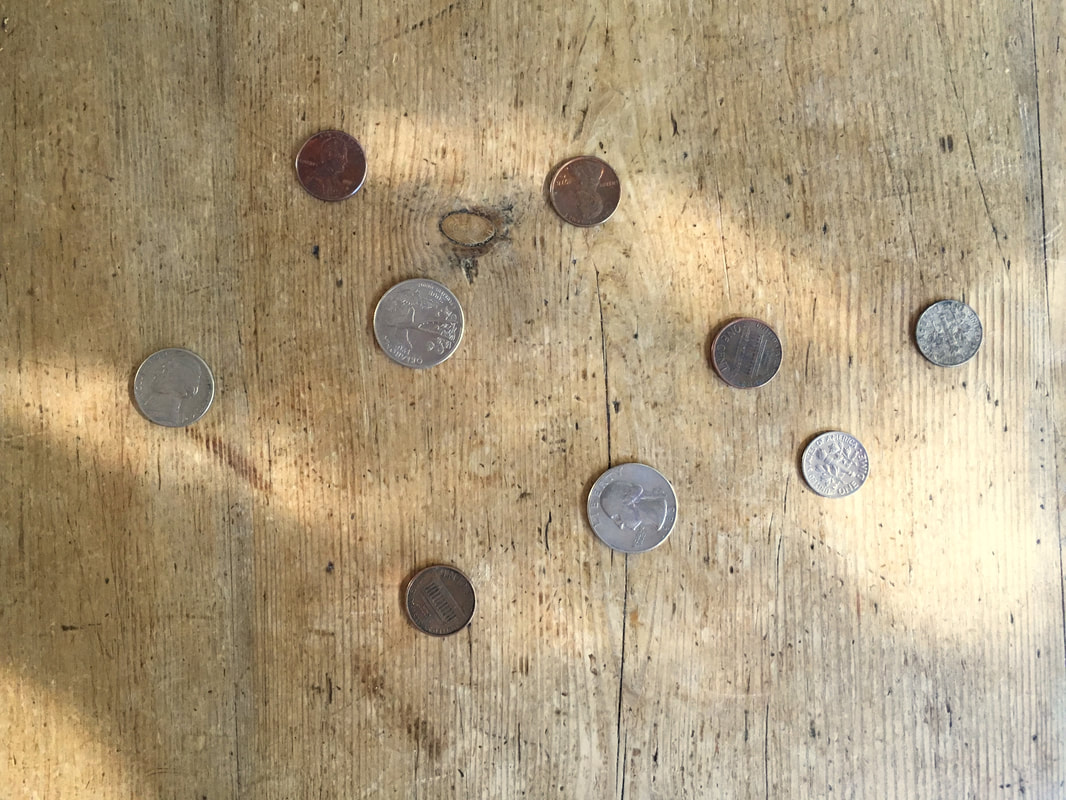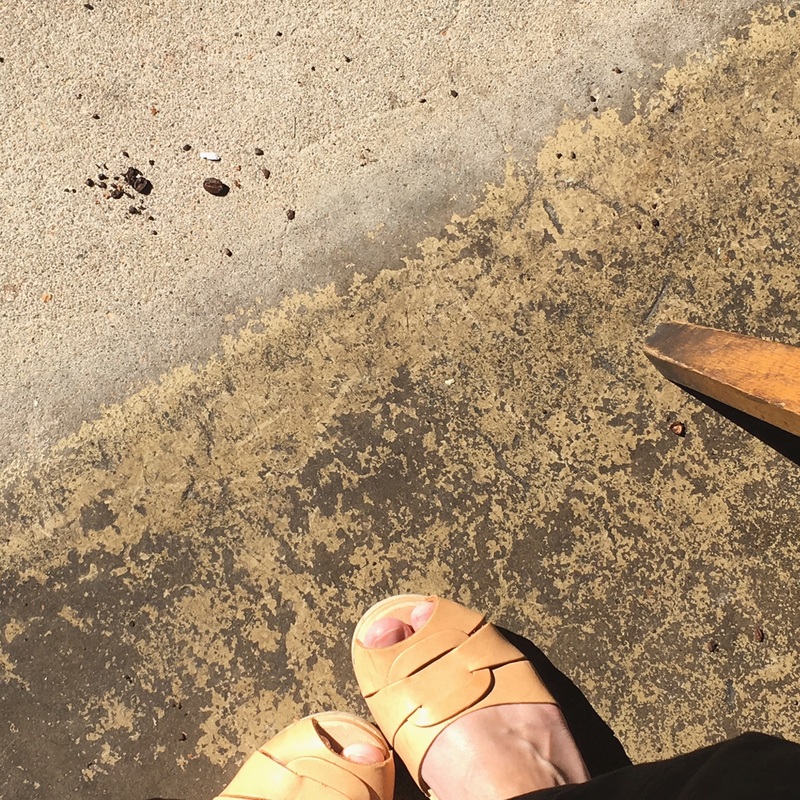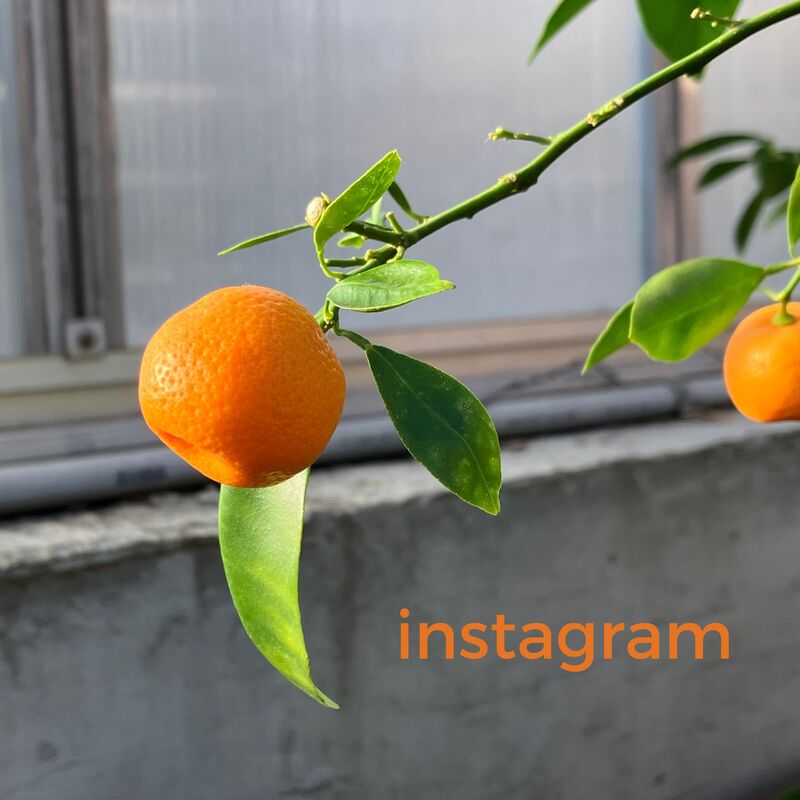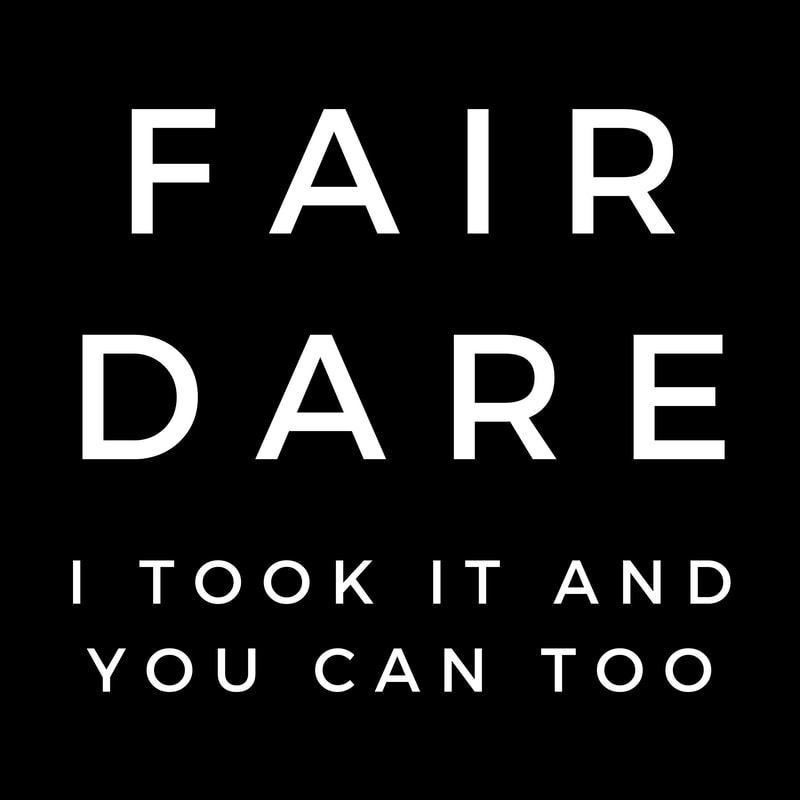"Though inspiring, a zero-waste lifestyle will be impractical or impossible for most of us within current economic systems." via
I hear this line of thinking loud + clear. Our household income is not huge. When I first started hearing about eco-friendly cleaning products + makeup years ago, I really could not afford the extra pennies or dollars to make the switches. When first contemplating moving toward zero-waste, I hesitated wondering if my budget could handle it.
When I think of sustainability today, however, eco-friendly products are not the first things that come to mind. I don't think of any the "green" products on store shelves at all actually (unlike the author of the top quote). My brand of sustainability has more to do with the things that I've realized are unnecessary altogether. Things like:
- putting our clothes in the dryer (we use drying racks)
-cleaning products (we use vinegar + baking soda + cotton rags)
-meat (bulk beans, peas, lentils, chickpeas, nuts + seeds are protein packed)
-lots of imported produce (eat more local + seasonal)
-owning lots of clothing (less is enough)
-shopping at the mall (almost nothing is fair there anyway)
-a tv or cable package (no commercials either)
-buying books or movies (the library is our big bookshelf)
-lots of new clothes (we wear, care for, mend, repair our clothes)
-perpetual 72 degrees F indoors (we wear shorts + sweaters as needed)
-lots of meals in restaurants + movies in theaters (more special the less we go)
-throwing dinner parties (we can go for a walk, meet for "coffee" or have a picnic or potluck)
-driving willy-nilly all over town every day (I wait + combine errands)
-owning everything ourselves (borrow + lend)
-paying for everything (trade jobs + services + clothing + stuff)
-new stuff (search for a used option first)
-throwing unwanted stuff away (we can get it into the hands of someone who can use it)
-recycling (much less packaging means much less recycling)
-throwing food away (eat it + compost the scraps)
-buying some food (we have a garden + grow the most-expensive-to-buy things possible)
-stuff (do without some)
-outdoor landscaping that needs extra watering (pick native plants + food)
(I'm not even going to deal with stuff like a big house, storage unit, frequent vacations, air travel...because we're talking about privilege...and those involve choices of privilege + costs to the environment that can obviously be downsized or done without.)
We did many of the above things out of necessity during our very lean, first years of marriage too. A few more of our actions that qualified as (unintentionally) sustainable were:
-having only one car for 7 years
-biking to work
-budgeting
-packing sack lunches
-not buying anything for long periods of time
-minimally fixing up old houses by ourselves
-using free furniture
-consuming very little
-shopping at flea markets + yard sales
We did not need to be wealthy to consider any of this. None of these sustainable practices cost more money than their unsustainable counterparts. In fact they save money! Interestingly, most of the ways that I can think of to save money...are also better for the environment! (I wish I would have skipped the dryer + saved all those quarters + the time at the laundromat!) A few of these practices do cost a little more in time, but I've shifted my perspective toward appropriate time costs. We've become so obsessed with convenience that sometimes it feels like we've lost sight of appropriate time dispersal. Healthy food that provides the fuel we need to do anything + everything that we do requires that someone take the time to prepare it. People used to have to prepare the soil, sow the seed, weed, keep the pests away, pray for rain, harvest at the just the right time, preserve, ration through winter, AND prepare their food. Today we can pay someone else to do all of that, or we can do at least that last step ourselves. :) Batch cook + freeze as necessary.
While many bulk items like carrots, rice, beans + spices may be cheaper than their packaged counterparts, things like milk in reusable bottles + organic produce can cost more than their conventional equivalents. I'm not sure I could have made the more expensive grocery store choices every time years ago...but I most certainly could have skipped the meat + the middle aisles at the grocery store, bought as much bulk + fresh produce as possible, and used vinegar + baking soda to clean.
When it comes to clothing, the most sustainable choice will always be to wear what's already in our closets. We can care for, repair + even refashion those pieces. When something new is necessary, buying secondhand is not only ethical...it saves money too.
Sustainability is not just about what we buy. It's very much about what we don't buy...and the choices we make in other areas of our lives including what we do for entertainment, how we use our utilities, how we get around, the homes we choose to live in, etc. From my experience, it is actually easier to live a more sustainable life when my resources are limited. My constraints push me to be more creative + resourceful, + I find that I'm less tempted to mindlessly over-consume.
Wealthy or not, I will never be zero-waste. Emissions waste is involved in getting my food from the farm to the grocery store (or even to the farmer's market). The food that fills the bulk bins often arrives at the store packed in plastic. There are places we need to go that involve fossil fuels. I can only be on a journey toward zero-waste. I try to make sustainable choices along the way. Most of them do not need to cost more money. We don't have to do every thing every time in order to make sustainable choices some of the time. Each one of us can choose to do what we can with what we have.
So...is sustainable living only for the wealthy? My view is that it certainly is not.
-Sustainability is not about purchasing "green" products.
-Sustainability is about consuming less.
-Most sustainable practices actually save money.
-Sustainability is not an all or nothing endeavor. Everyone can make some sustainable choices that make sense for them.
Love,
Jane




 RSS Feed
RSS Feed